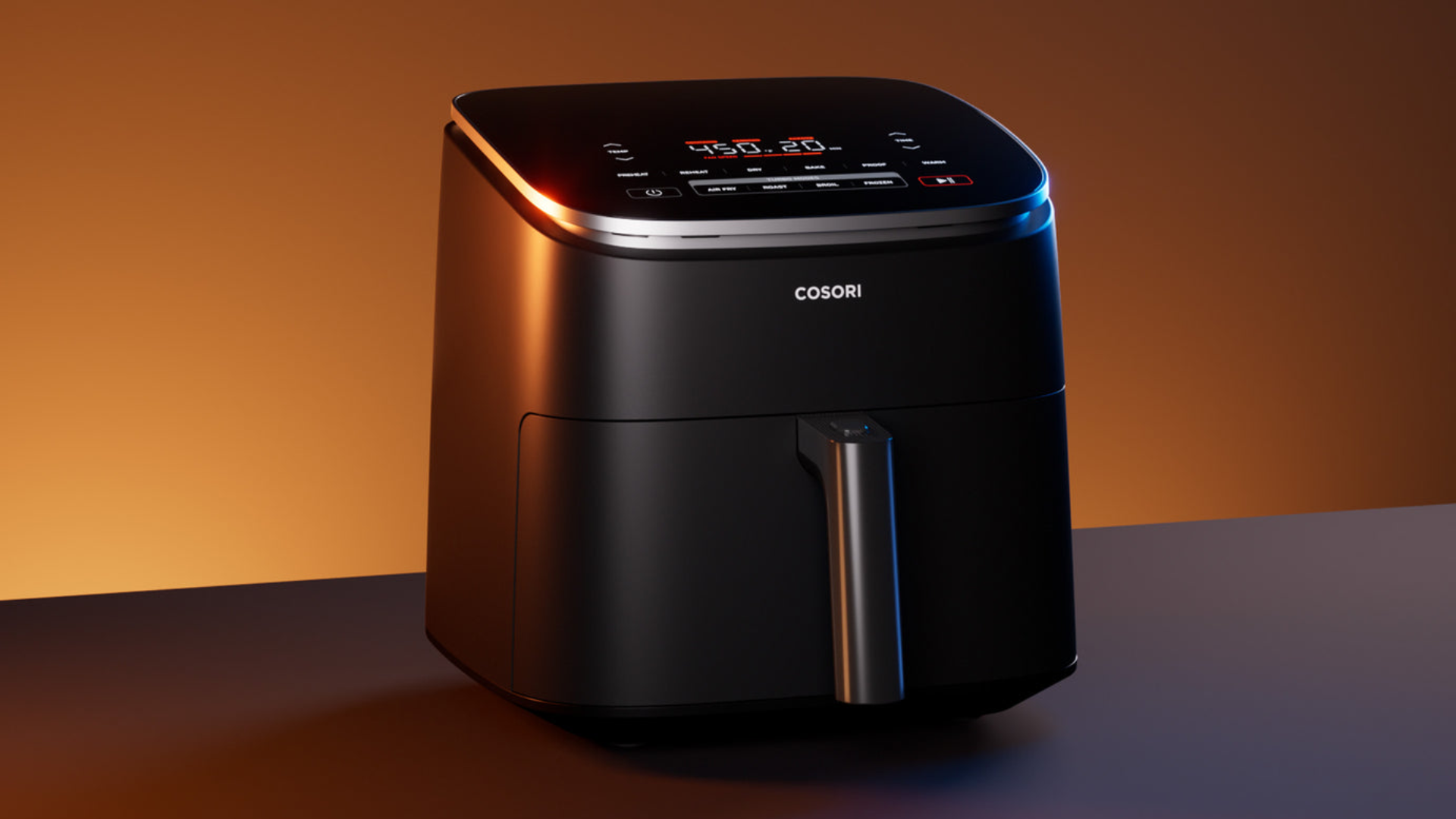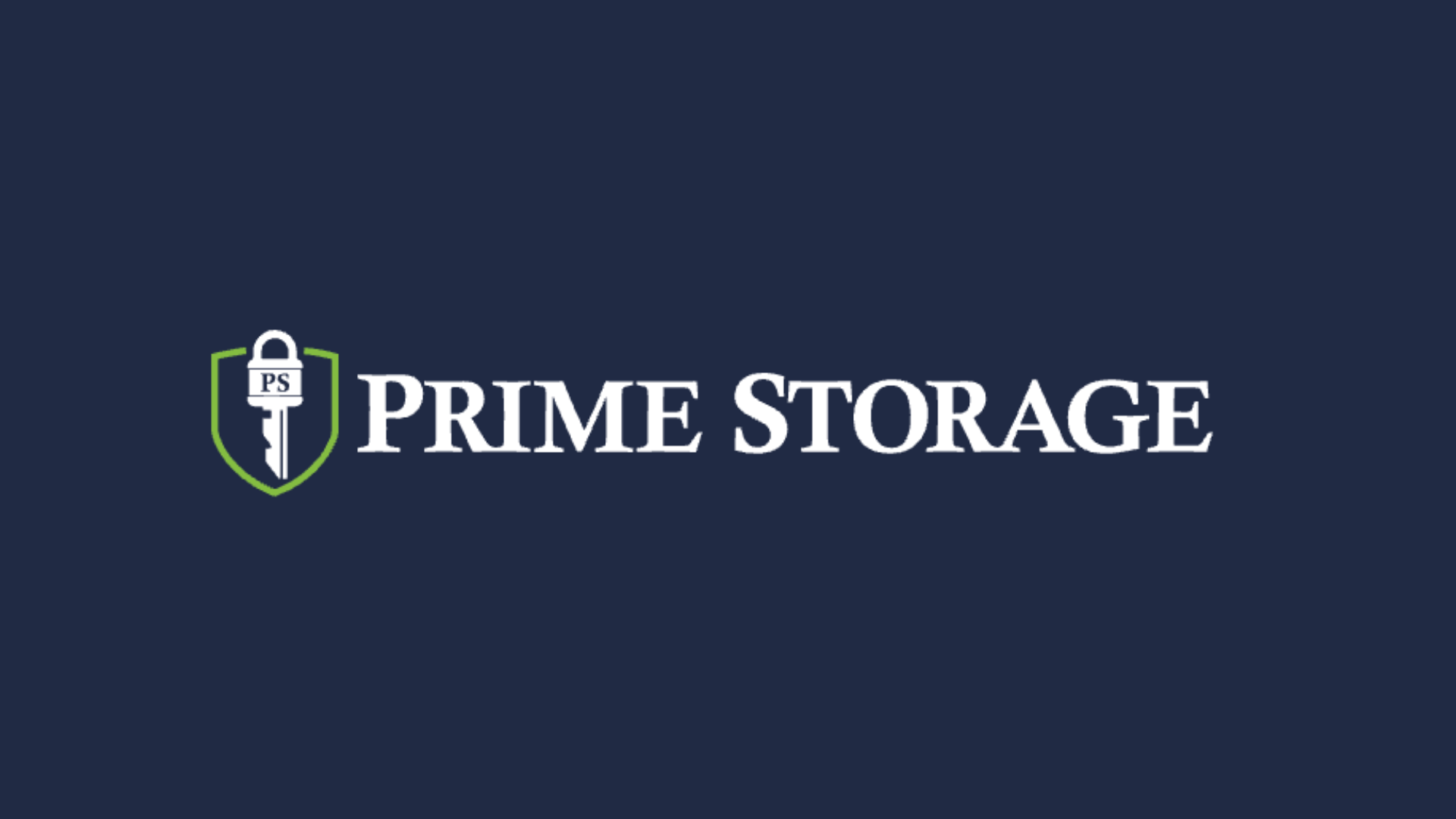All You Need to Know About Adobe Photoshop
Downloading Adobe Photoshop through torrents or other unauthorized sources is illegal and violates the law.
It not only puts you at risk of malware and system damage but also breaches copyright regulations, which can lead to serious consequences.
If you’re eager to use Adobe Photoshop legally, Adobe offers a 7-day free trial of the full version, giving you access to all features without breaking the law.
What is Adobe Photoshop?

Adobe Photoshop is the industry-leading software for graphic design, photo editing, and digital art.
It’s widely used by professionals for tasks ranging from retouching photos to creating complex visual designs.
As part of the Adobe Creative Cloud suite, Photoshop integrates seamlessly with other powerful tools, including Illustrator, Lightroom, After Effects, and InDesign, to offer a comprehensive ecosystem for creative professionals and content creators.
Photoshop Version History & Evolution
Adobe Photoshop has evolved from a simple image editor in 1990 to the industry-leading design tool it is today.
Over the years, it has introduced powerful features like content-aware editing, cloud integration, and AI tools.
| Version | Release Year | Key Highlights |
|---|---|---|
| Photoshop 1.0 | 1990 | First official release for Mac |
| Photoshop 7.0 | 2002 | Healing Brush tool introduced |
| Photoshop CS (8.0) | 2003 | First Creative Suite version |
| Photoshop CS6 | 2012 | New UI, content-aware tools |
| Photoshop CC | 2013 | Shift to the Creative Cloud subscription model |
| Photoshop CC 2019 | 2018 | Frame Tool, new Content-Aware Fill workspace |
| Photoshop 2023 | 2022 | AI-powered tools, Neural Filters |
| Photoshop 2024 | 2023 | Generative Fill, cloud improvements |
Risks Involved in Downloading Photoshop Illegally
Downloading pirated software, such as Photoshop, may seem like a shortcut, but it exposes you to serious risks:
- Malware risk: Cracked versions often carry hidden viruses or spyware.
- No updates: You miss out on important bug fixes and feature upgrades.
- No customer support: Adobe won’t assist with issues caused by unauthorized copies.
- Unstable performance: Pirated software can crash, lag, or corrupt your work.
- Missing features: Many cracked versions lack new tools and cloud integration.
- Security vulnerabilities: Outdated or tampered files can expose your system.
- Ethical concerns: Using pirated tools undermines the work of developers.
- Professional risk: Using unlicensed software can damage your credibility.
Legal consequences
Here are the laws under which legal consequences can be filed against individuals who download or distribute pirated software like Adobe Photoshop:
1. Copyright Act of 1976 (Title 17, U.S. Code)
This is the foundational law protecting creative works, including software.
Violation: Downloading or distributing Photoshop without a valid license is considered copyright infringement.
Penalties:
- Civil penalties: Up to $150,000 per work infringed if willful.
- Statutory damages: From $750 to $30,000 per infringement.
- Injunctions and seizure of devices.
2. Digital Millennium Copyright Act (DMCA)
The DMCA strengthens copyright protection for digital content.
Violation: Circumventing Adobe’s copy protection (like cracking or keygens) is illegal.
Penalties:
- Civil lawsuits from Adobe
- Possible criminal charges for repeat or large-scale infringement
- Fines and up to 5 years in prison for first offenses (up to 10 years for repeat offenders)
3. Computer Fraud and Abuse Act (CFAA)
Though primarily focused on unauthorized access, it can apply if pirated software is used to gain access to protected systems or data.
Violation: Using cracked software that interacts with Adobe servers or cloud systems fraudulently.
Penalties:
- Criminal charges
- Fines and imprisonment (up to 10 years) depending on the extent of damage
4. Economic Espionage Act (in rare cases)
If pirated software is used commercially or in a business setting, especially in competitive industries, it may fall under the categories of trade secret theft or unfair competition.
Best Free Alternatives to Adobe Photoshop (Legal & Trusted)
If you’re looking for a free, powerful alternative to Photoshop without risking legal trouble, these tools are safe, reliable, and widely used by both beginners and professionals:
1. GIMP

GIMP is one of the most well-known open-source photo editors. It offers advanced features like layers, masks, filters, and support for various file types.
While its interface may take time to get used to, it’s highly customizable and suitable for professional-level editing.
Rating: 4.2/5
2. Photopea

Photopea is a browser-based editor that closely mimics the layout and functionality of Photoshop. It supports PSD files, layers, and smart objects, all without requiring installation.
It’s perfect for quick edits or for users who want a Photoshop-like experience online.
Rating: 4.3/5
3. Krita

Krita is tailored for digital painting, concept art, and illustration. It features an advanced brush engine, stabilizers for smooth strokes, and even animation support.
Ideal for artists who want a free, professional-grade painting tool.
Rating: 4.1/5
4. Pixlr

Pixlr offers two free web-based editors: Pixlr X for quick, beginner-friendly edits and Pixlr E for more advanced layer-based work.
It’s ideal for users who require fast, accessible tools with decent editing capabilities.
Rating: 4.0/5
5. Canva

While not a full Photoshop replacement, Canva is excellent for social media graphics, flyers, and simple design work.
The drag-and-drop interface, combined with thousands of templates, makes it beginner-friendly and efficient.
Rating: 4.4/5
6. Darktable

If your primary use for Photoshop is photo editing and RAW processing, Darktable is a solid alternative to Lightroom.
It supports non-destructive editing and works with a wide range of RAW formats.
Rating: 4.0/5
Conclusion
While searching for a Photoshop torrent may seem like a quick fix, the risks, malware, missing features, and ethical concerns far outweigh the benefits.
Thankfully, there are legal and powerful alternatives, such as GIMP, Photopea, and Krita, that meet most creative needs without incurring any costs.
And if you’re set on using Adobe, the 7-day free trial gives you full access legally. Choosing the right tool should empower your creativity, not put it at risk.
Tried any of the alternatives? Or still thinking about Photoshop? Drop a comment below










